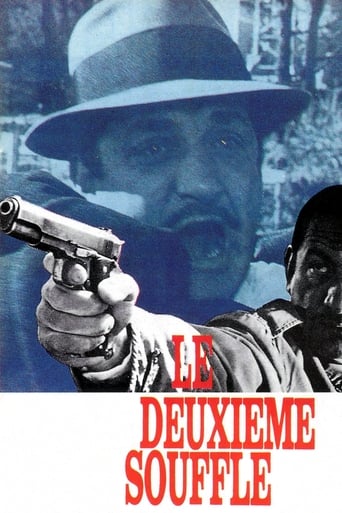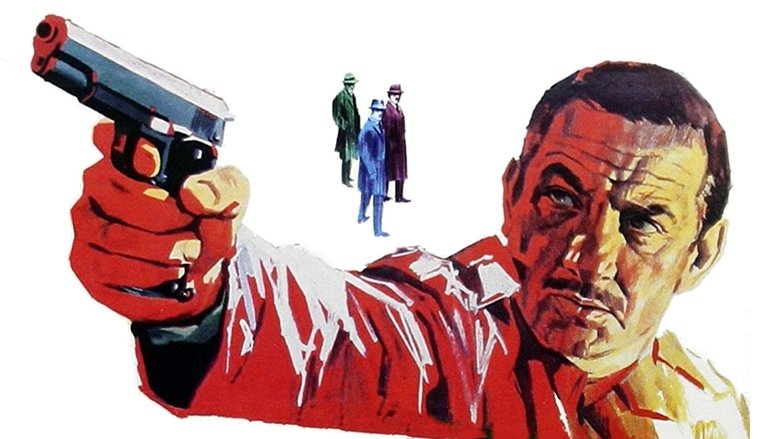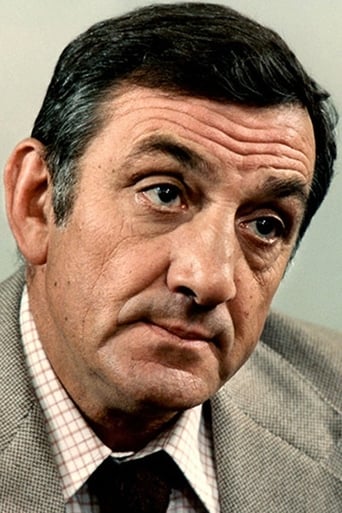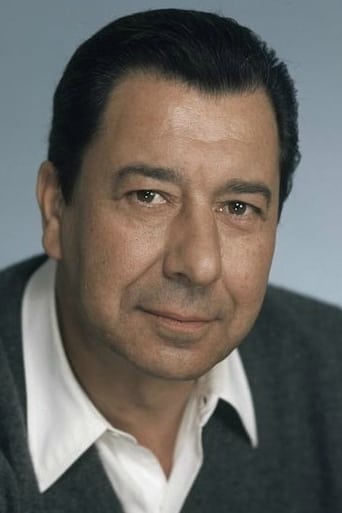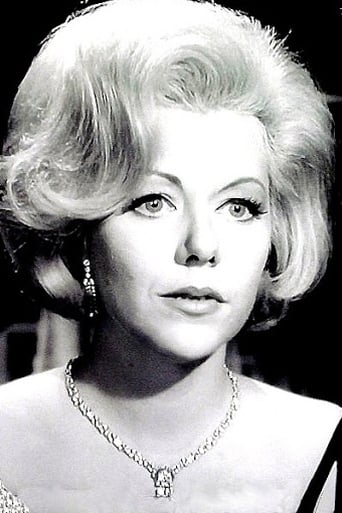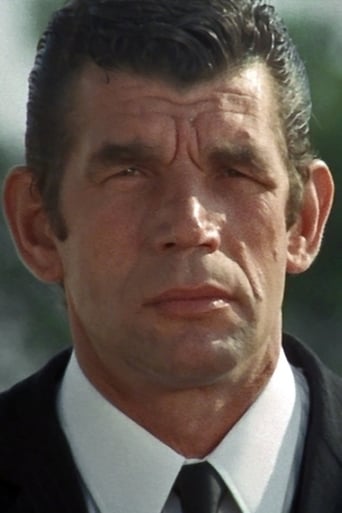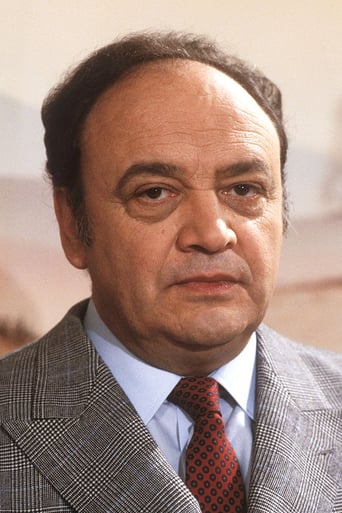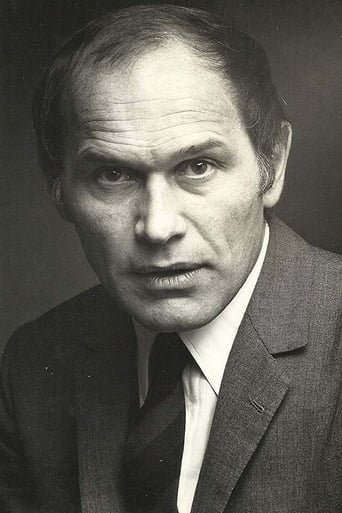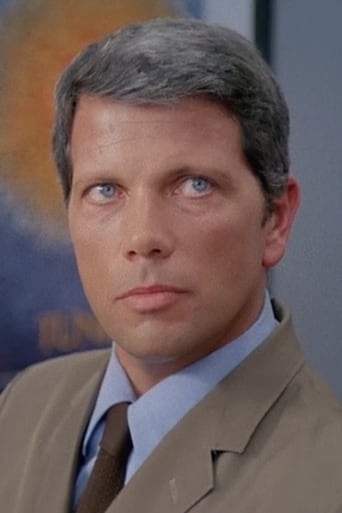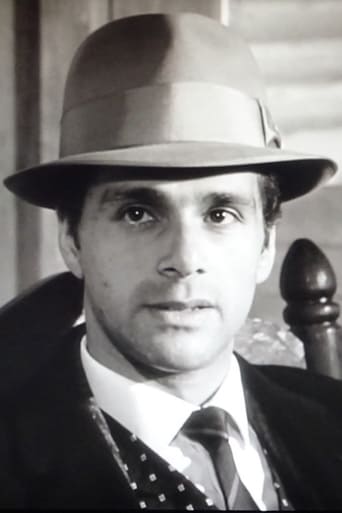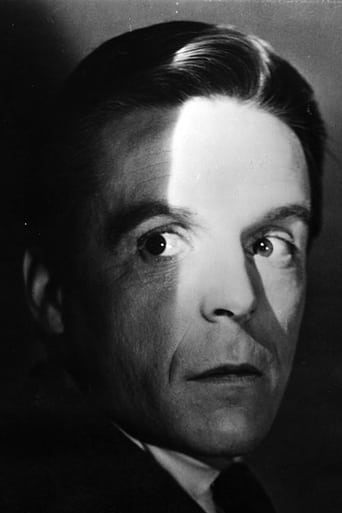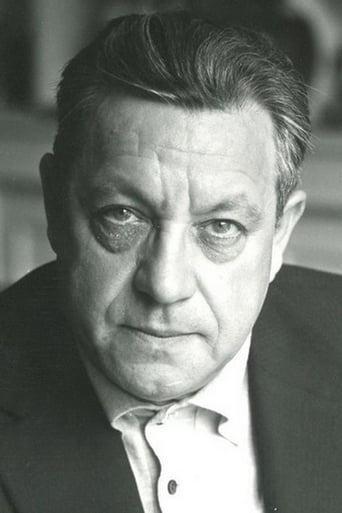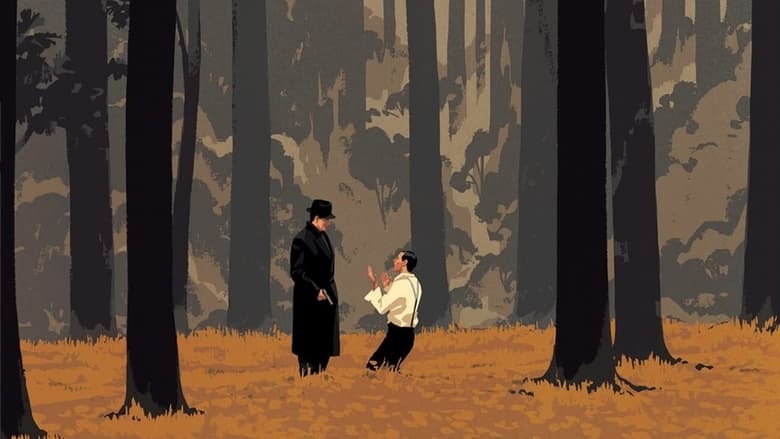A gangster escapes jail and quickly makes plans to continue his criminal ways elsewhere, but a determined inspector is closing in.


Similar titles
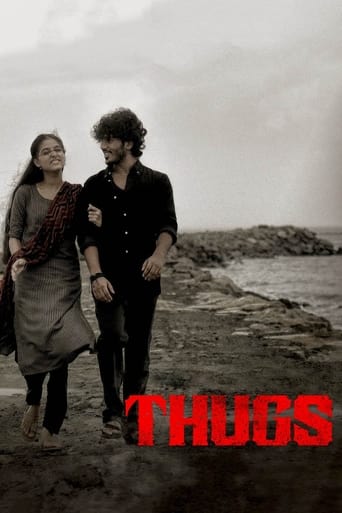

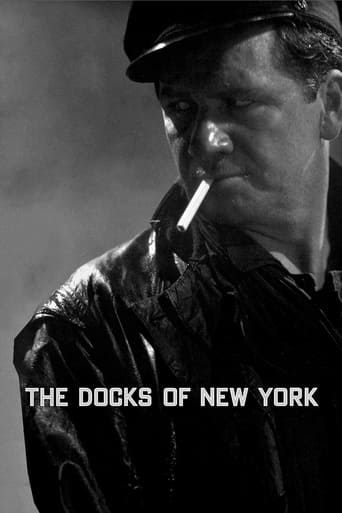
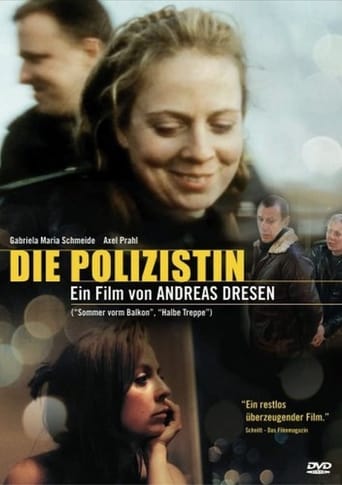

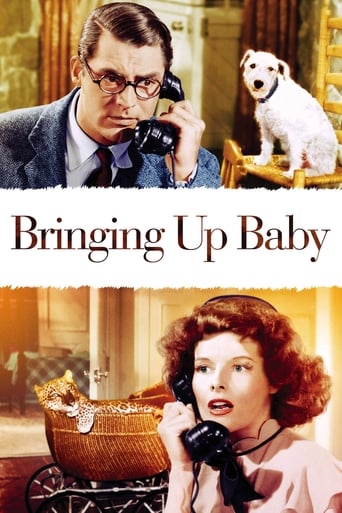

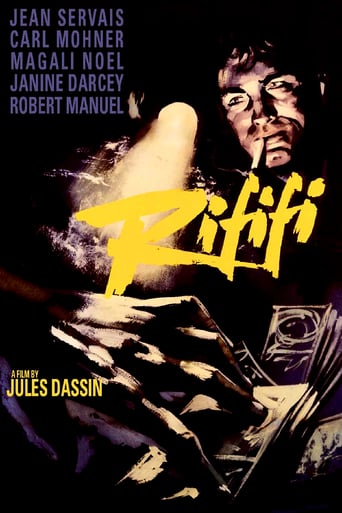
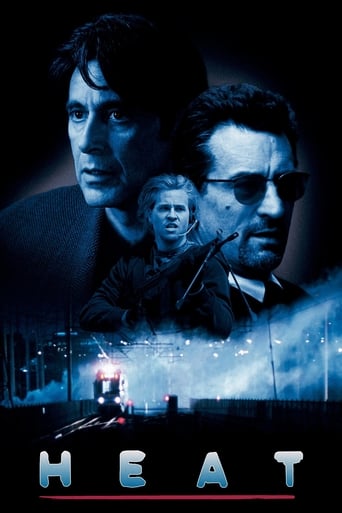
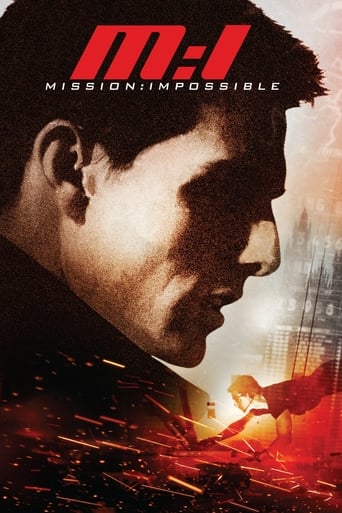
Reviews
This is the kind of film about which one yearns to have a conversation. I viewed it myself, on Turner Classic Movies, so this review is my effort to make some sense of a superlative but puzzling viewing experience. Gu, whose chiseled mug seems made for this role, is a protagonist unlike any other. We sympathize with him from the start, as his lack of athleticism threatens his life of crime in the earliest frames of this dusky film. What is he doing, leaping across tall buildings -- anyway? Director Melville never quite spells it -- or anything else in this film -- out. But we care for Gu from the start. Yet he is a cold-blooded killer of guys both good and bad. With sniper-like sangfroid, he thinks nothing of taking out a motorcycle cop accompanying an armored car. As the doomed Inspector Fardiano sneers, is he planning on adopting two slain cops' five kids? Somehow Melville makes us care about this villain, whose only smile he reserves for his glamorous and enigmatic sister Manouche (Christine Fabrega). "You deserved better," he tells her toward the end of the movie. Earlier, they embrace passionately. What gives here?? Again, hints are the most we receive from Melville. Ventura's performance is first-rate. Our eyes never stray from his presence, whether he is commandeering a pair of hapless petty thieves who have come to threaten Manouche or allowing himself, fatefully, the luxury of chewing on a candy at a game of petanque near the Mediterranean coast. Equally compelling is Commissioner Blot, played with unceasing panache by Paul Meurisse, who, only the year before, appeared in "Diabolique."Blot's character, like all the others in this film, is somewhat puzzling. He seems confident about outsmarting the bad guys -- "not everyone can have an inquiring mind." Yet, as Manouche predicts, he and his men in blue are easily duped. Witness the incredible scene when Gu, seemingly comatose from torture as he lies in a hospital bed, gives his badged overseer the slip. Yes, Manouche knew of what she spoke. Once the evil and reputation-obsessed Gu receives his comeuppance, Blot deprives Manouche of a bit of succor. Apparently he realized she wasn't as clean as she came across. Yet he drops the loathsome notebook on the ground for the benefit of the press corps. One shudders at the implications of that move. Won't it serve to stir the pot, keeping the bad guys and the cops at each others' throats? Well, without that I guess we wouldn't have noirs and policiers. The never-ending cat and mouse game carries on. And what of the platinum? Gu hid his share well. Perhaps, in a way, he provided for Manouche and her stolid bodyguard Alban (Michael Constantin) after all.I have seen one other noir by Melville ("Le Doulus"), which was interesting but made far less sense than this production. Melville is a director I'd definitely like to follow -- ideally in the company of other film buffs who savor examination and discussion!CODA: If this film seems to really "get" the bad guys, maybe that's because the author of the novel that inspired it was a truly evil man. Read the Wikipedia entry for Jose Giovanni and weep -- or perhaps feel guilty for liking this film so much.
Why do I always care about thieves in heist films, no matter how bad they are? As is common in Jean-Pierre Melville's later films, this meticulously crafted crime film opens with a title card that epigrammatically sets out a foreboding epigram that molds ostensible meaning into the action: "A man is given but one right at birth: to choose his own death. But if he chooses because he's weary of his own life, then his entire existence has been without meaning." It's invariably inhibiting to totally apply these fatalistic, existential aphorisms to the films that thus proceed, but they tend to cast a distinct outlook across the film. I'm not so sure that this slow, deliberate caper, or any of Melville's others for that matter, seeks all of the indications of this quote, but its pretext of fate, mortality and grim, solipsistic judgment corresponds with the essential themes of the film.Like Le Cercle Rouge, Le Deuxième Soufflé is a nominal saga, an antithetical and composite film in which the life seems as if to impose and simultaneously exhale. Ventura's performance is both innate and disciplined by his claustrophobic settings. There are several instances set within moving cars, less to expand the atmosphere than to show the inhibition of the space they employ.What frustrates and somewhat detaches me however is that Melville never seems to give his characters any involved cognitive measure. They're characterized and assessed by the black and white of their behavior. Gu is a ruthless, intractable and curtailed presence who gains recognition, even from Inspector Blot, another wonderfully named character, played by Paul Meurisse, who respects his deadly actions because he eventually complies with and doesn't veer from his dang "code."Much of this 1966 cops-and-robbers film can be explained just in terms of its distilled preoccupation with the reference to the conventions regarding the treatment of Chandler, McBain, W.R. Burnett, Jim Thompson, stylish Hollywood crime dramas, and classic American gangster pictures. Melville's films in this mode have the element of photogenics, conformity to modern ideas and models nourished by a shadowy nonchalance and the characters' affectedly memorialized mannerisms. For instance when a dutiful thug prepares to meet the other gang members, casing the place first, but also anticipating the blanket preconditions of the scene. This dogmatic behavior underscores the salutary definitions of these characters, their movements having a textbook role. You can also see Melville's influence on Tarantino's Jackie Brown when the thug is dramatically pre-performing the differing poses of the impending standoff. Also, it's not until Gu changes into clothing more mindfully echoing that of a gangster that he is allowed to free himself from being so secretive and concealed.The sullen, inflamed and exceedingly conventionalized quality of this typified film conveys Melville's immersion in the downbeat deliberation of the play of loyalty and destined disloyalty. With this transcendent crime film, as per Melville's usual, complete with another great title, Second Wind, Melville pushes the tonal qualities and gray scale of the image to new levels. The movie's preoccupation with issues of fellowship, abnormally all-consuming professionalism, silence, and duplicity reverberates with Melville's own distinction as an egocentric, tight-lipped, fringe-dwelling figure in French cinema, who despite his success never truly declared participation or involvement in any founded generation or evolution of filmmakers.
"Le Deuxième Soufflé" is an excellent crime film--mostly because it emphasizes realism as opposed to sensationalism. Now this isn't to say the film isn't exciting, but it certainly is one that has a much slower pace than usual and excessive attention is paid to the details--so much that you'd swear this is almost a crime documentary instead of fiction.The film begins with a daring breakout from prison. Gustave 'Gu' Minda is lucky and makes it over the wall safely. It turns out he was #1 on France's most wanted list ten years earlier and so naturally it makes quite a sensation when he escapes. The first half of the movie have a lot to do with his escape and his life in hiding. However, despite hiding, he does have a few adventures along the way that I won't elaborate on because it would spoil the suspense.A bit later, while waiting for a way out of the country, Gu is a bit bored and jumps at a chance to pull one last job--a very, very BIG job where 800,000,000 francs worth of platinum is on the line. Once the job has been completed, though, the film is far from over and the police naturally are combing the country for Gu and the money--though they really don't know if he had anything to do with it or who his accomplices are.Now there is one minor detail about the film I didn't like. While Gu has changed his appearance and relocated from Paris to Marseilles, he sure seemed pretty out of character late in the film. Despite being such a brilliant and careful prisoner, he takes walks about the city! Why? Well, I have no idea and it's not surprising that he's finally caught. However, once again, there is much more to this 150 minute film--a lot of twists and turns that occur because Gu, though generally amoral, will do anything to convince his fellow criminals that he has a strong sense of honor and integrity. I liked this because it did give him some depth and the finale was indeed exciting.The film is very much like a French version of Film Noir. In general, the French did their Noir a bit later than Hollywood and this continued through the 1960s--after Hollywood had gone on to other things. Making this film in black and white was a great choice, as it heightened the Noir look and it as well as "Bob le Flambeur" and "Le Samourai" are among the best in this French genre. Not to be missed.
I had seen nearly everything that is readily available from Jean-Pierre Melville in the United States by the time I got to Le Deuxieme soufflé, which may be part of why I didn't respond overwhelmingly to it. After such challenging, methodical and precisely existential crime masterpieces as Le Samourai, Le Cercle Rouge, Bob le flambeur and the underrated Le Doulos, this one just seemed to not pack the same kind of punch that the others did. Again, this may be the fault on the viewer for seeing this last among his mostly thriller-oriented oeuvre, but perhaps it's also some of Melville's fault too; again and again, as the dedicated and ruthless auteur that he was (one of the great French directors I would argue), he kept coming back to men in trench-coats with grim expressions figuring out on both sides- criminal and detective- of how to plot the next move or, for the former, how to keep from the fatalism of the plot.Which, for Melville, is something that comes second nature. The difference, perhaps, in this case is that the length (a whopping two and a half hours, longer than both The Red Circle and Army of Shadows) and the amount of details in the structure of the story (i.e. what happened on such and such a day made this happened could've been snipped, albeit I can't pinpoint to which) bog down some of the more successful aspects to the picture. Which is also to say that for all of its minor misgivings, Le Deuxieme soufflé (or, simply, The Second Breath) is near-classic Melville, with nail-bitingly tense suspense scenes like the opening escape from the prison and the latter heist sequence- somewhat more obvious and less coolly ambitious as Red Circle.There's the amazing cinematography as well, a trademark of Melville and his crew to make things gritty but smooth in precision and style, and the performances from Paul Meurisse as the Detective (maybe my favorite performance of the picture just for the intelligence he imbues in the character), and Lino Ventura as one of the quintessential Melville anti-heroes, Gu, the convict who wants in on the big 200 million heist. And even as it could be Melville's most "talky" picture after Bob le flambeur (which is relative to how pleasantly light, or how seemingly sparse, his films are with dialog), when the characters speak it's to the point of with some quotable spunk to them.There's an icy, unspoken angst in Melville's world of criminals, almost questioning but still true to the notion of the 'policier', where you'd want the criminals to get away with it if the detective wasn't so doggone determined all the time. It's another fine piece of film-making from the director, just not an all-time-top flick - more along the lines of Un flic. 8.5/10
